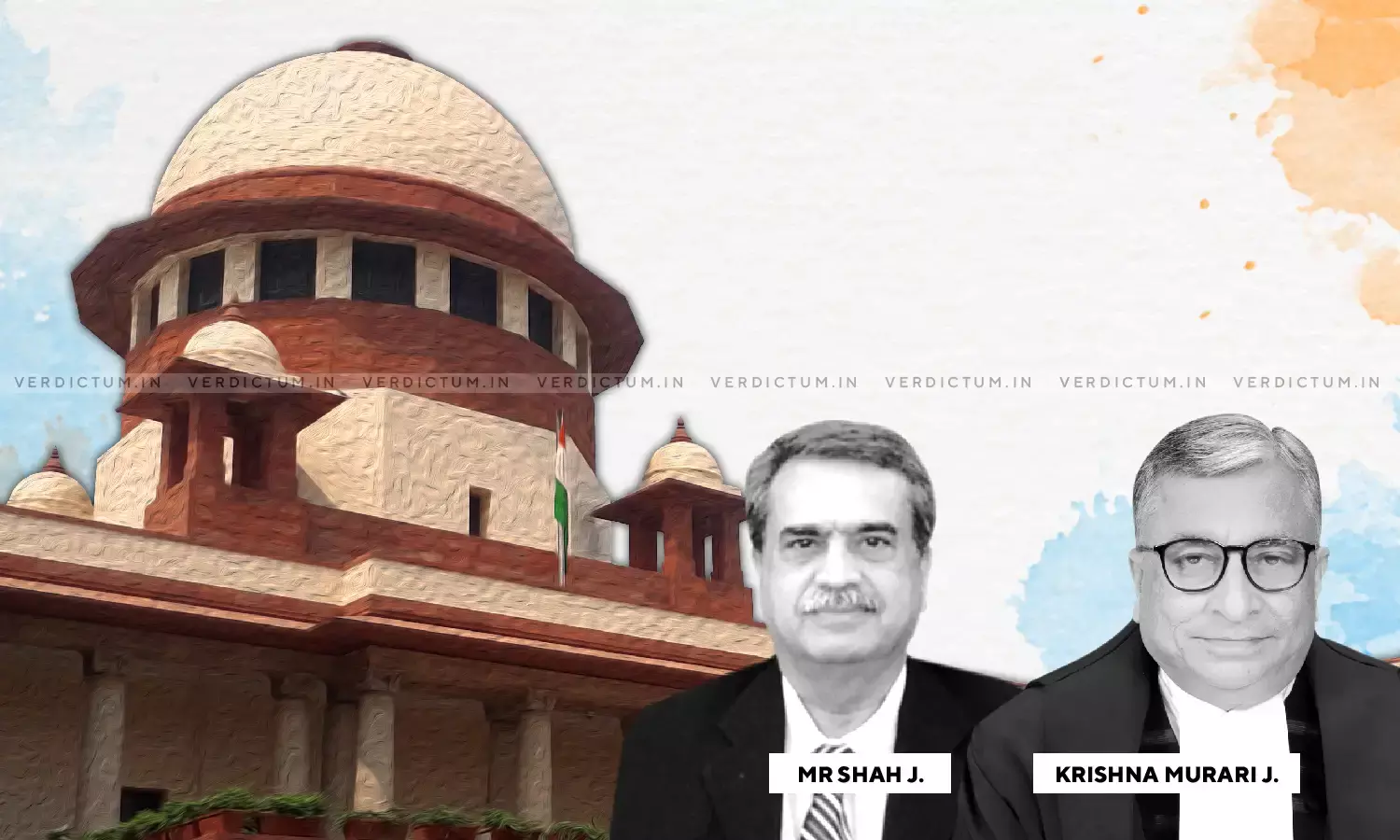Setback For Kerala As SC Leaves Question Of Law On UAPA Sanction Open After State Withdrew Appeal Against Maoist Leader

While permitting the Kerala Government to withdraw its appeal against the order of the Kerala High Court discharging Maoist leader Roopesh in a case under the Unlawful Activities (Prevention) Act, 1967 (UAPA), the Supreme Court has kept the question of law regarding the delay in granting sanction under the UAPA.
The Kerala High Court had discharged the accused on the ground that the sanction under the UAPA that was granted after six months from the date of receipt of the recommendation of the authority is not a valid sanction. A Bench of Justice K. Vinod Chandran and Justice C. Jayachandran had passed the order in March this year.
Even though the Kerala government filed an appeal before the Supreme Court challenging the High Court's decision, the state decided to withdraw the plea after the Communist government came under political pressure for pressing UAPA charges. The ruling CPIM has a declared stand against the statute.
The state had contended in the appeal that "Rule of strict construction cannot be applied in an impracticable manner so as to render the statute itself nugatory. In other words, the rule of strict construction of a penal statute or a special penal statute is not intended to put all the provisions in such a tight iron cast that they become practically unworkable, and thereby, the entire purpose of the UA(P)A is defeated." (emphasis supplied)
When the state informed the Apex Court that it wants to withdraw the appeal, the Court had asked for the reason why it wants to withdraw the appeal.
Today, before the Bench of Justice M. R. Shah and Justice Krishna Murari, the state submitted that a strict interpretation of the UAPA is required since it is a criminal statute of a "serious nature".
"I spoke to the Advocate General. This is a question of law, on an interpretation of a criminal statute of a serious nature. Now there are judgments of the Court which say that a strict interpretation is required. What is to be decided is a strict view should be preferred. Once this becomes the legal position as far as the state is concerned, it will apply to all persons", Senior Advocate Jaideep Gupta appearing for the state said.
"If it is a question of law, why are you withdrawing? Let the law be settled", Justice Shah said.
Gupta responded by saying that the view taken by the High Court seems to be the correct position. "You argue the case and convince us", Justice Shah said, as the Court had already issued notice on the appeal.
The Senior Advocate then said, "the Advocate General has said that a strict view is preferable in a statute like this" and that the state has the power to withdraw the appeal.
The Bench then passed the order permitting withdrawal and stating that the question of law is kept open. "We have not expressed anything on the view taken by the High Court", it is added.
Since the question of law is kept open, the High Court's declaration of law will not be final and it will be open for a party to raise that issue again in future.

